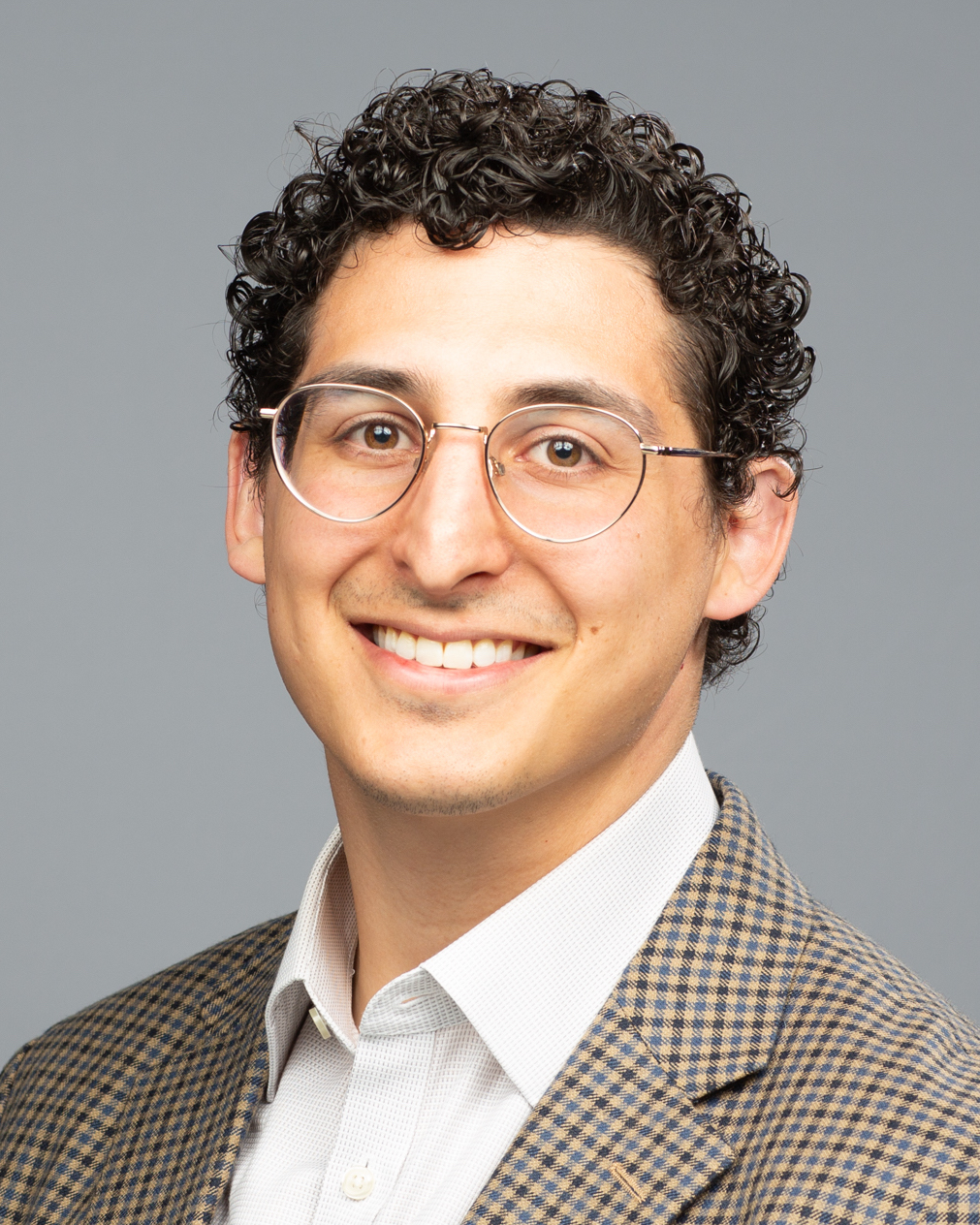Addiction Medicine Health Services Research
The Addiction Medicine Health Services Research (HSR) program at the School of Medicine dedicates itself to discovering and applying solutions in addiction medicine treatment and harm reduction with a particular focus on the needs of the most impacted communities, including unhoused individuals, those involved with the criminal-legal system, and rural and frontier communities. Our program is comprised of addiction medicine specialists and researchers who apply diverse methodologies in implementation science, quality improvement, observational data analysis, community engaged research, and clinical trials. We are committed to supporting effective, inclusive treatments and policies for substance use—addressing challenges related to alcohol, opioids, methamphetamines, and other substances. Valuing the lived experiences of our diverse patient population and communities we partner with, we aim to enhance primary care treatments, conduct transformative policy research, and foster innovative strategies that improve health outcomes and reduce substance use-related deaths.
We envision the Addiction Medicine HSR program as a leader in addiction medicine health services and harm reduction research, renowned for our innovative, community-engaged research methodologies that focus on bespoke interventions for the most marginalized populations. We aspire to transform addiction treatment and policy by implementing evidence-based interventions and policies which bridge cutting-edge science with the practical needs of those affected. Through our work, we aim to set new standards in healthcare responsiveness, significantly improving the well-being of communities nationwide and fostering a more inclusive health system.
In the News

Program Faculty
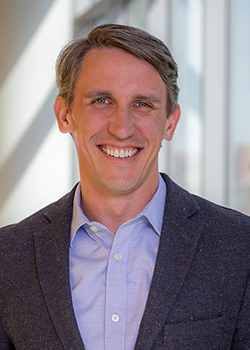
Jarratt Pytell, MD, MHS
Director of Addiction Medicine Health Services Research Program
Assistant Professor
Dr. Jarratt D. Pytell, Assistant Professor of Medicine at the University of Colorado, is a board-certified addiction medicine specialist and health-services researcher. Dr. Pytell's research addresses critical areas such as the increasing access to buprenorphine for opioid use disorder, the use of urine drug testing for better treatment outcomes, and the development of innovative treatment models that challenge traditional perceptions of addiction. His work has led to significant publications and contributions to addiction medicine, aiming to transform primary care practices and patient outcomes nationwide.
Jarratt Pytell's Profile
Katherine LeMasters, Phd
Assistant Professor
Dr. Katherine LeMasters, Assistant Professor of Medicine at the University of Colorado, is a social epidemiologist and a community engaged researcher, focusing on how the system of mass incarceration creates and exacerbates health inequities. Her research addresses how criminal legal involvement intersects with substance use, opioid use disorder treatment, and overdose. This includes studying jail-based implementation of opioid use disorder treatment, the effect of changing criminalization of opioids on future criminal legal involvement, and how structural determinants of health are related to overdose post-release from incarceration.
Katherine LeMasters's Profile

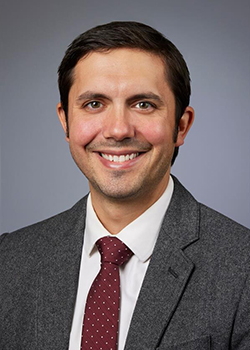
Paul Christine, MD, PhD
Assistant professor
Dr. Paul J. Christine, Assistant Professor of Medicine at the University of Colorado, is a general internist, board-certified addiction medicine specialist, and health services and policy researcher. Dr. Christine’s research focuses on evaluating health and social policies that affect the availability of high-quality addiction treatment, particularly for those enrolled in Medicaid and other safety net programs. His other active research interests include the comparative effectiveness of medications for opioid use disorder in the fentanyl era and evaluating novel, low-barrier models of addiction care.
Paul Christine's Profile
Ingrid Binswanger, MD, MPH, MS
Director of Substance Use and Harm Reduction Research Development for General Internal Medicine
professor
Dr. Ingrid A. Binswanger, a Senior Clinician Investigator at the Institute for Health Research, Kaiser Permanente Colorado, Professor of Medicine at the University of Colorado School of Medicine, and board-certified addiction medicine specialist and health-services researcher. Dr. Binswanger’s research focuses on improving clinical outcomes in opioid use disorder treatment and preventing medical complications related to substance use. Her extensive research, which has influenced policies and practices nationwide, includes projects on opioid tapering, naloxone expansion, and the impact of healthcare and structural conditions on formerly incarcerated individuals. Dr. Binswanger is also renowned for her mentorship, guiding over numerous mentees to publish impactful research and obtain independent funding, underscoring her dedication to developing the next generation of healthcare researchers.
Ingrid Binswanger's Profile

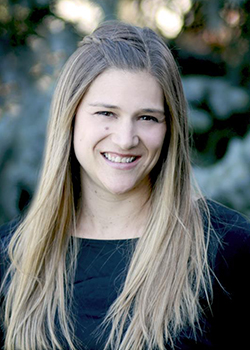
Nicole Wagner, PhD
Assistant Professor
Dr. Wagner, Assistant Professor at the University of Colorado School of Medicine, is a health services researcher with expertise in implementation science. Her research focuses on the development and adaptation of effective interventions to reach underserved populations engaging in substance use. She is developing strategies to optimally adapt evidence-based programs to fit the contextual needs and priorities where they will be implemented, in a way that fosters sustainable program delivery and successful health outcomes.
Nicole Wagner's Profile
Christine Neeb, MD
Associate Professor
Dr. Christine Neeb, Visiting Associate Professor of Medicine at the University of Colorado, is a board-certified Family Medicine and Addiction Medicine physician. Dr. Neeb focuses on applied research in the addiction medicine and primary care worlds. She specifically investigates how to make addiction treatment more accessible for vulnerable populations through innovative clinical programs and provider education.
Christine Neeb's Profile


Susan Calcaterra, PhD, MPH/MSPH, MS
Associate Professor
Dr. Susan Calcaterra, Associate Professor of Medicine at the University of Colorado is dually board certified in addiction medicine and internal medicine, is the Director of the Addiction Consultation Service (ACS) at the University of Colorado Hospital, and is a practicing hospitalist physician. She is a health-services researcher who implements and studies interventions to expand hospital-based addiction treatment provision by hospitalist physicians and advanced practice providers. Dr. Calcaterra’s research involves the voices of people who use drugs to better understand how to provide stigma free, patient centered care during hospitalization and during care transitions with the goal of reducing premature hospital discharge, rehospitalization, and death. Dr. Calcaterra publishes her research in general medicine and hospital medicine journals to reach a broad generalist audience to normalize the provision of addiction treatment in all treatment settings.
Susan Calcaterra's Profile
Dale Terasaki, MD
Assistant Professor
Dr. Dale Terasaki, Assistant Professor of Medicine at the University of Colorado, is a board-certified addiction specialist who focuses his research on hospital-based interventions and outcomes for patients with alcohol use disorder. Clinically, he works as an attending physician on the addiction consult service at Denver’s primary safety-net hospital, Denver Health. He has published widely on topics including alcohol use disorder pharmacotherapy, intravenous ketamine therapy, complex opioid use disorder management, harm reduction, and addiction medicine education.
Dale Terasaki's Profile
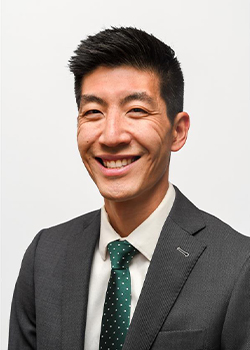
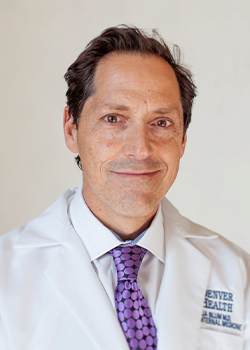
Josh Blum, MD
Associate Professor
Dr. Josh Blum, Associate Professor of Medicine, is an internist and addiction medicine physician with clinical and research interests in pain and substance use disorder treatment, health inequities, and systems of care, informed by 25 years treating underserved populations at Denver Health and program leader in the Denver Health Center for Addiction Medicine.
Josh Blum's Profile
Joshua Barocas, MD
Associate Professor
Dr. Barocas leads an interdisciplinary research program that is specifically aimed at the goal of improving health outcomes for patients with infectious diseases including HIV and HCV, substance use disorders, and other vulnerable populations. His research uses clinical epidemiology, health economics, simulation modeling, and cost-effectiveness to informs clinical-decision making and health policy. He is engaged in research using these innovative methods to help understand the impact of and improve upon policies that affect people who use drugs infected with or at high risk for infections. His research has been funded by NIDA at the NIH in the form of both a K01, a DP2 award, and multiple R01s. He serves as the PI for The Missing US Project (https://themissingus.org/) as well as the Director of the Social Determinants of Health and Modeling Unit in GIM. He is the previous recipient of the prestigious AAMC Herbert W. Nickens Faculty Fellowship Award, which recognizes a junior faculty member who demonstrates leadership potential in addressing inequity in health care. His work has been published in leading journals such as NEJM, JAMA, Lancet Public Health, JAMA Internal Medicine, AJPH, Addiction, Clinical Infectious Diseases, and Annals of Internal Medicine. His work has been widely cited in the media, including the Boston Globe, U.S. News and World Report, and NPR.
Joshua Barocas's Profile
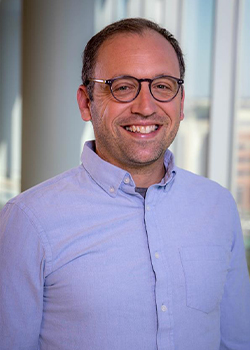

Gina Kruse, MD
Associate Professor
Dr. Gina Kruse is a physician researcher in the Division of General Internal Medicine at the University of Colorado School of Medicine and Director of the Colorado Nicotine, E-Cigarettes, and Tobacco Research Alliance (CoNECTR). She is trained in general internal medicine, clinical effectiveness, health services research and cancer prevention. Dr. Kruse’s research uses clinical trials, observational research, and mixed methods to test the implementation and effectiveness of behavioral, digital, and pharmacologic interventions to improve the delivery of tobacco cessation treatment and reduce the harms of tobacco in diverse settings in US healthcare systems, community health centers, and internationally.
Gina Kruse's Profile
Eden Bernstein, MD
Assistant Professor
Dr. Eden Bernstein is a clinician investigator and Assistant Professor in the Division of Hospital Medicine at the University of Colorado School of Medicine. He is interested in understanding and addressing care gaps in the treatment of alcohol use disorder in medical settings with a particular focus on improving post-hospitalization treatment, linkage to care, and clinical outcomes.
Eden Bernstein's Profile
